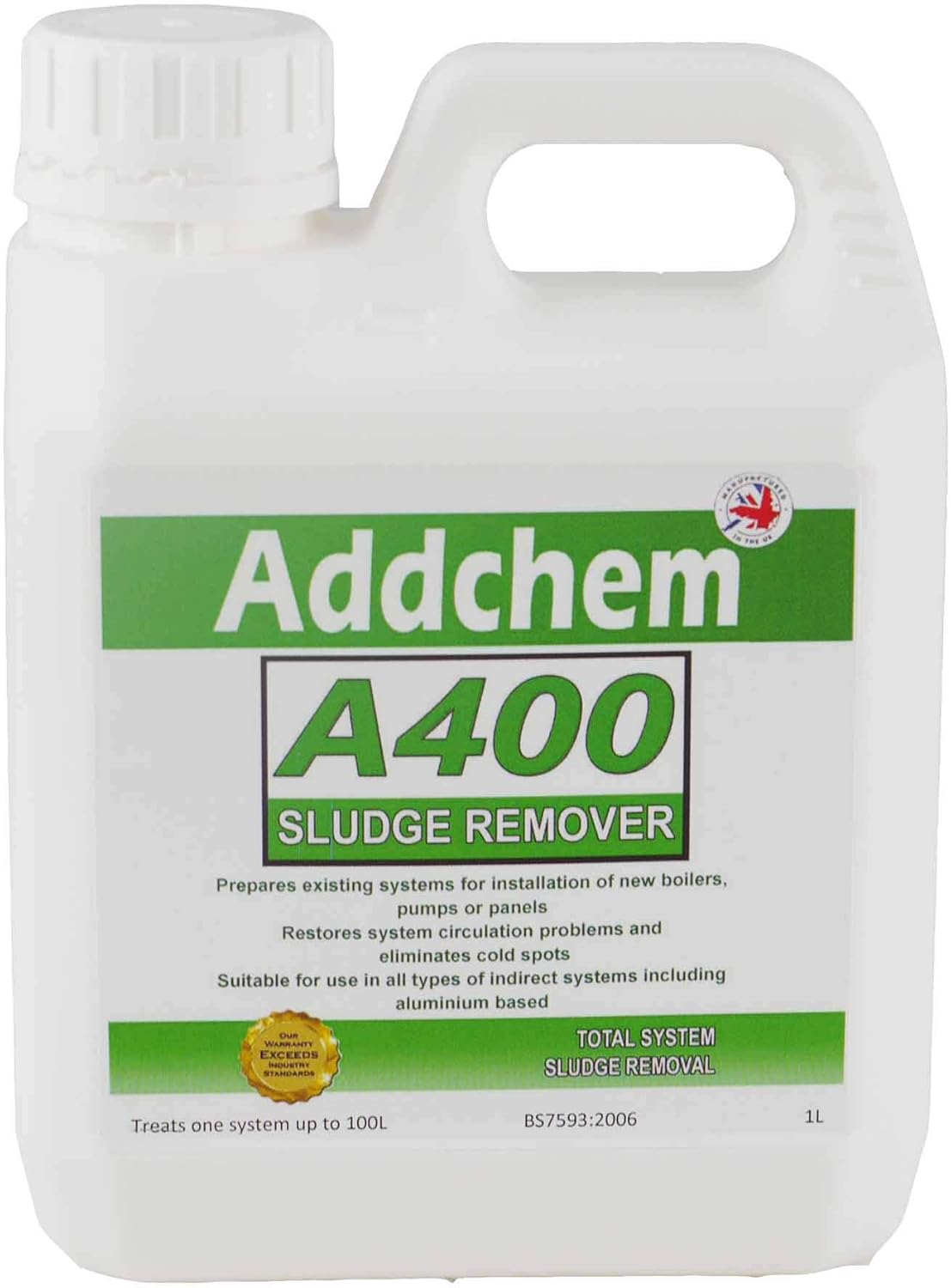About this deal
There are various things you can do to help prevent sludge build-ups occurring and to clean out your system if you have one. In this guide, we have explained these and also given you a step-by-step guide to flushing radiators yourself. Now you will need to undo the union nuts that join the pipework to the radiator – do these 1 at a time and be prepared for a little water to still be in the bottom. Central heating sludge remover or radiator sludge remover as it is also called is a chemical treatment that breaks down this build up. It is a good idea to add this but also for you to get a power flush of the system too in conjunction with the remover. New radiators Each type of central heating system has different features and requirements, which can impact the likelihood of sludge build-up as they all work slightly differently. How Central Heating Systems Work:
A build-up of sludge is typically only an issue in older radiators as it is made from dirt and rust. Over time, this accumulates at the bottom of your radiator, which in return, prevents hot water from being able to flow effortlessly through the system. This creates cold patches on your radiator, often leaving homeowners to turn their central heating up a few more degrees to accommodate the lost heat.We’ve already written an article about boiler servicing costs here. Final Words on Flushing Sludge From the Central Heating System It is important to be clear about the distinction between a hot flush and a power flush. As the name suggests, a power flush is more powerful than a hot flush and forces through the hot chemicals at a higher pressure. The next option to remove sludge is by power-flushing the radiators with a cleaning product. Power flushing costs vary depending on the area of the UK you live in, but mainly depending on how many radiators you have. Magnetic filters can be installed in central heating systems to trap debris and prevent sludge buildup. These devices work by attracting and capturing particles and debris before they can settle and accumulate. If you don’t have a central heating sludge build-up, there are a few simple steps that you can take to prevent one occurring in the future. It is well worth taking action now, so next time you have a boiler service, speak to your technician about these three options:
Power flushing isn’t quite as dramatic as it sounds but performed by a professional engineer it is pretty effective in, well, flushing all that sludgy goo out of your radiators central heating system, once and for all. An engineer will use a power flush machine, using clean water and a central heating sludge remover to push the sludge through and out of the system. You will need to put aside the best part of a day as power flushing can take around eight hours to complete but the wait should be worth it if you are left sludge free. Corrosion in central heating systems can lead to a build up of sludge which, over time, can cause problems and breakdowns. When a heating system is first installed, it should be cleaned through to minimise the possibility of corrosion. This process of cleaning central heating systems will remove things like flux used on soldered joints and small particles of copper from pipe cutting. Central heating water is unlikely to sparkle like mineral water, but it shouldn’t be very dirty either. If it is, this is a sign that there is sludge somewhere in your system. How To Prevent Sludge Build up Sludge remover that has been left for too long will no longer be effective and serve any purpose. The sludge that had broken down with the introduction of the sludge remover will begin to settle again causing your system to work harder than it needs to. ConclusionSo, what can you do if the sludge has taken hold and is beyond mere prevention methods? Well, it is possible to get that nasty sludge build up removed, using one or all of the following:
If your home’s pipes are older than five years, they’re more likely to experience radiator problems. This is because rust has had time and opportunity to build up inside of them which can lead to clogged radiators as well as other issues you don’t want at all costs!Continue to flush out the radiator until the water from the inlet on the other side is completely clean. The power flushing process has several stages and your engineer will probably take between several hours to the whole day to complete the power flush. This should help you to avoid the risk of a sludge build-up damaging boiler components which can end up costing you an awful lot more to fix. Should You Remove Sludge Before Having a New Boiler Fitted? As well as preventing boiler failure in the short term, power flushing makes the system more energy efficient. If you do require a new boiler, you will still need to hire an engineer to flush the system before it can be installed. How much does it cost to power flush a central heating system?
Related:
 Great Deal
Great Deal 